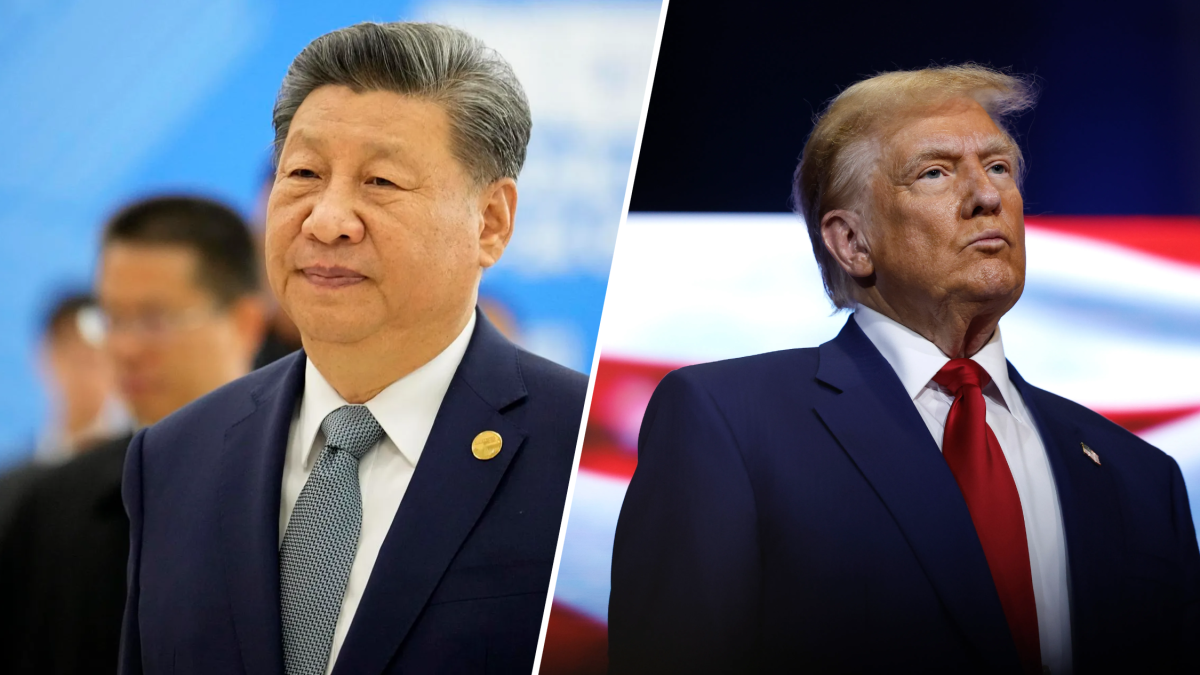Why China’s Xi Skipped Trump’s Inauguration – Shocking Truth Unveiled
The Absence That Raised Eyebrows Worldwide
When world leaders gather to celebrate key moments in history, their absence speaks volumes. While heads of state often attend in-person or send high-level representatives, China’s President Xi Jinping was conspicuously missing from the U.S. presidential inauguration in January 2017. This absence wasn’t just a fleeting headline—it sent shockwaves and fueled speculation across the global political landscape.
Instead of attending Trump’s inauguration, Xi Jinping was wrapping up a state visit to Switzerland—the main highlight being his powerful keynote speech at the World Economic Forum (WEF) in Davos. There, he positioned himself as a defender of globalization, openly opposing the protectionist policies resonating from Trump’s campaign rhetoric. Could this have been a strategic maneuver? [Source: Wikipedia: World Economic Forum]
Was It Just a Scheduling Mishap? Not So Fast
Surface-level explanations tried to dismiss Xi’s absence as a matter of logistics. But make no mistake: the Chinese President’s decision to prioritize Davos over Washington symbolized a tectonic shift in the global power dynamic. As Trump prepared to take the reins with his “America First” policy, Xi was doubling down on his vision of a multipolar world order, framing himself as a global statesman.
What Message Was Xi Sending to Trump and the World?
The absence of Xi Jinping wasn’t merely diplomatic theater—it was a carefully calculated signal. By skipping Trump’s inauguration, he sent a subtle yet powerful message: China would not play second fiddle to the United States. This move underscored the cooling relationship between the world’s two largest economies, which were already bracing for a potential trade war.
Xi Jinping’s choice to focus on the World Economic Forum also showcased China’s ambitions to shape the international narrative. With Trump’s speech highlighting an America-centric worldview, Xi sought the opportunity to address global leaders and promote his vision of inclusive, multilateral collaboration. It was a masterstroke of soft power that helped solidify his position as an alternative to U.S. hegemony. [Source: BBC News: China]
What This Means for U.S.-China Relations
The divergence between Trump’s inaugural messaging and Xi’s Davos agenda highlighted the growing gap between two ideological approaches. While the U.S. under Trump appeared to retreat from international responsibilities, China stepped forward as a willing leader in industries like trade, climate change, and technology.
For instance, Xi Jinping’s commitment to the Paris Agreement sharply contrasted with Trump’s skepticism toward climate science. This divergence painted a picture of competing visions for the future. And Xi’s absence at the inauguration only amplified these underlying tensions. Could this have been a precursor to the later economic and diplomatic clashes that defined the Trump administration?
An Unforgettable Moment in Diplomatic History
History will likely remember Xi’s absence not as a snub but as an intentional pivot. It marked the beginning of a new era where China actively sought to position itself at the center of global decision-making. During a time when Trump promised to make America great again, Xi was busy demonstrating that China already had the chops to compete for global leadership.
While many countries looked to the U.S. for cues, Xi Jinping charted his own path—one that appealed to allies in Europe, the Middle East, Africa, and beyond. This savvy move highlighted China’s ability to harness soft power, even as it clashed with Washington on trade policies, intellectual property issues, and South China Sea disputes.
What Can We Learn from China’s Strategic Diplomacy?
The absence of Xi Jinping at Trump’s inauguration serves as a masterclass in realpolitik. It demonstrated that diplomacy is often less about what’s said and more about what’s left unsaid. By simply not being present, Xi conveyed a message of equal partnership—or perhaps competition—on the global stage.
For casual observers, questions like “why China’s Xi skipped Trump’s inauguration” might seem trivial. But for those analyzing the implications, it points to deeper lessons about power, strategy, and timing in international relations. These lessons remain relevant today, as the U.S. and China navigate an increasingly tense relationship.
Conclusion: A Strategic Power Move
Xi Jinping’s decision to skip Trump’s inauguration was anything but random. It was a calculated, strategic power move that revealed much about China’s ambitions and the shifting dynamics of global leadership. In hindsight, the absence underscored the growing divide between two superpowers with competing visions for the world.
As diplomatic relations continue to evolve between the U.S. and China, the events of January 2017 serve as a reminder: in international politics, even an absence can speak louder than words. To stay updated on developments in U.S.-China relations and global diplomacy, check out other articles at ZexNews.
“`





